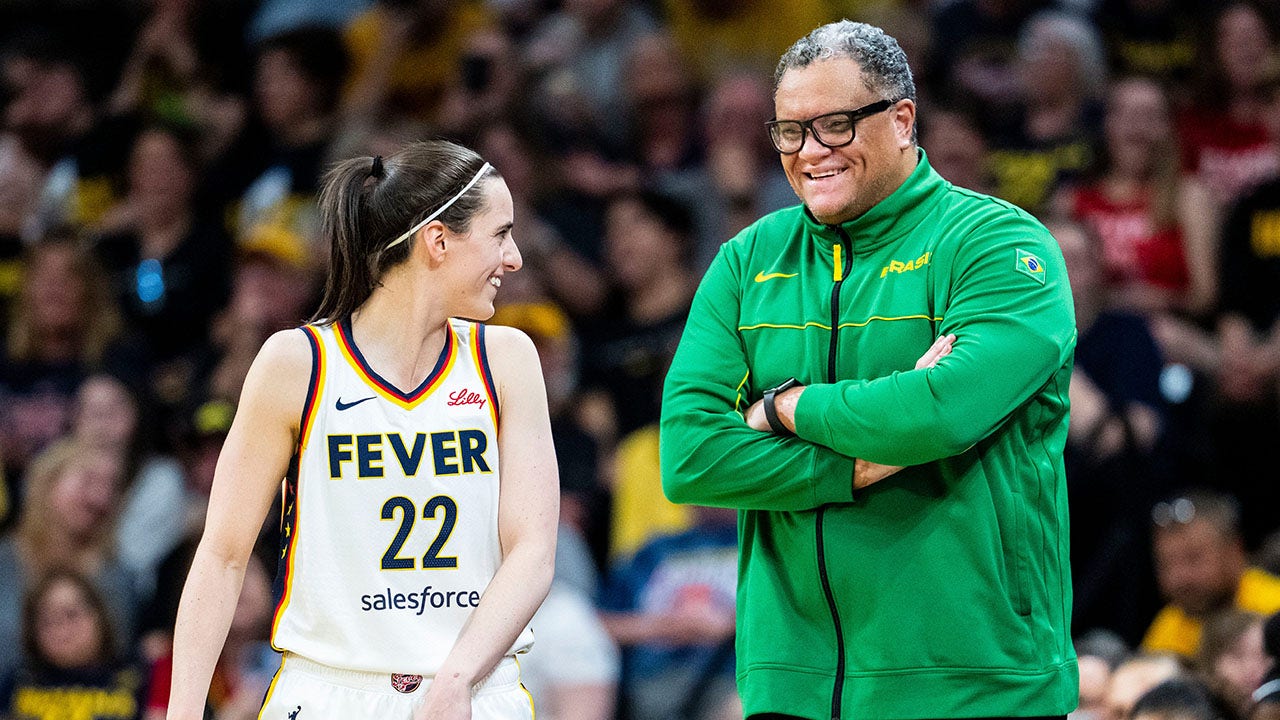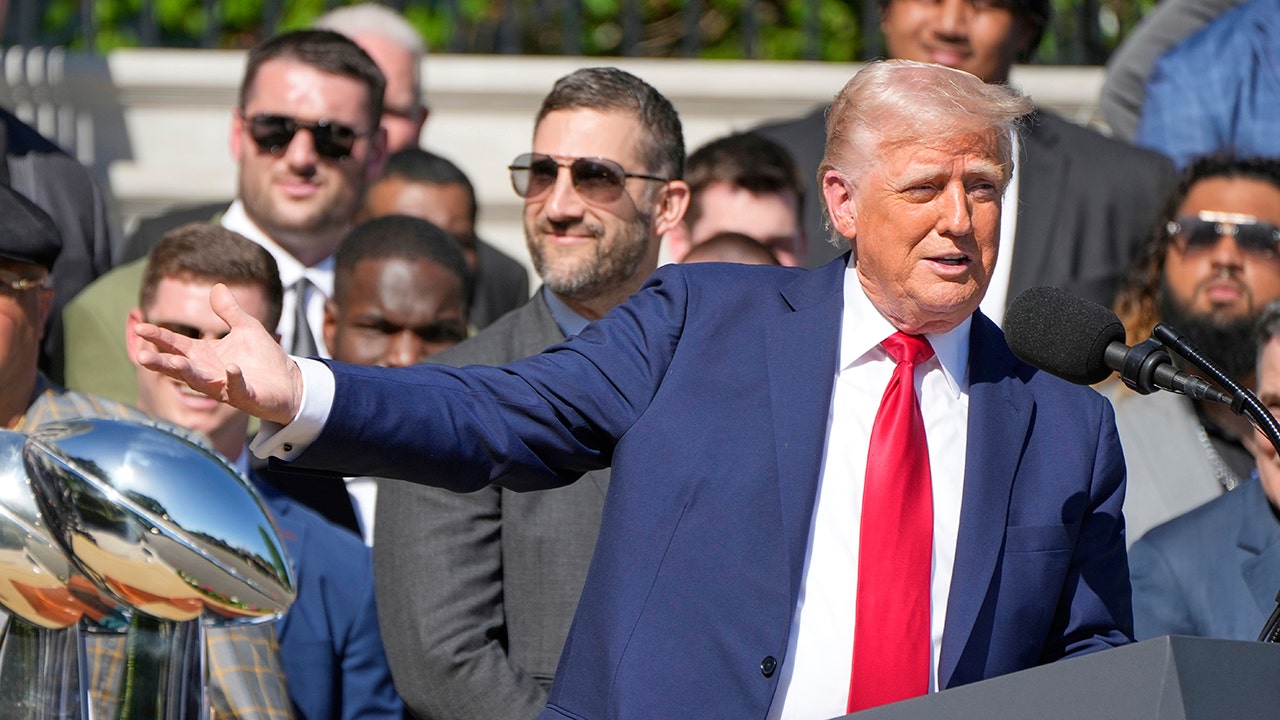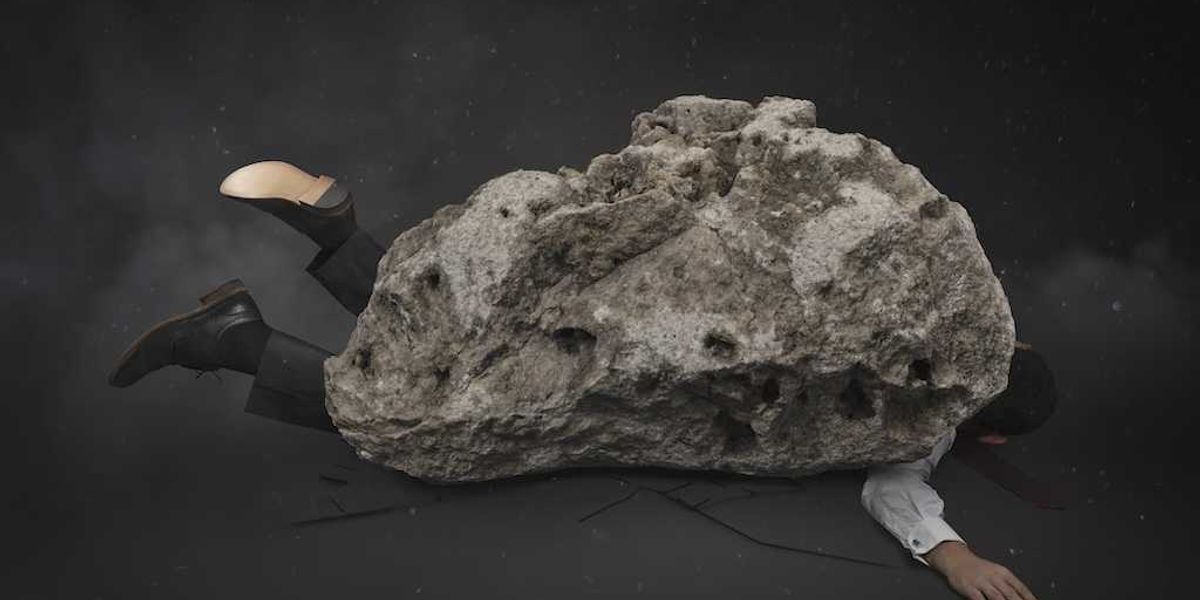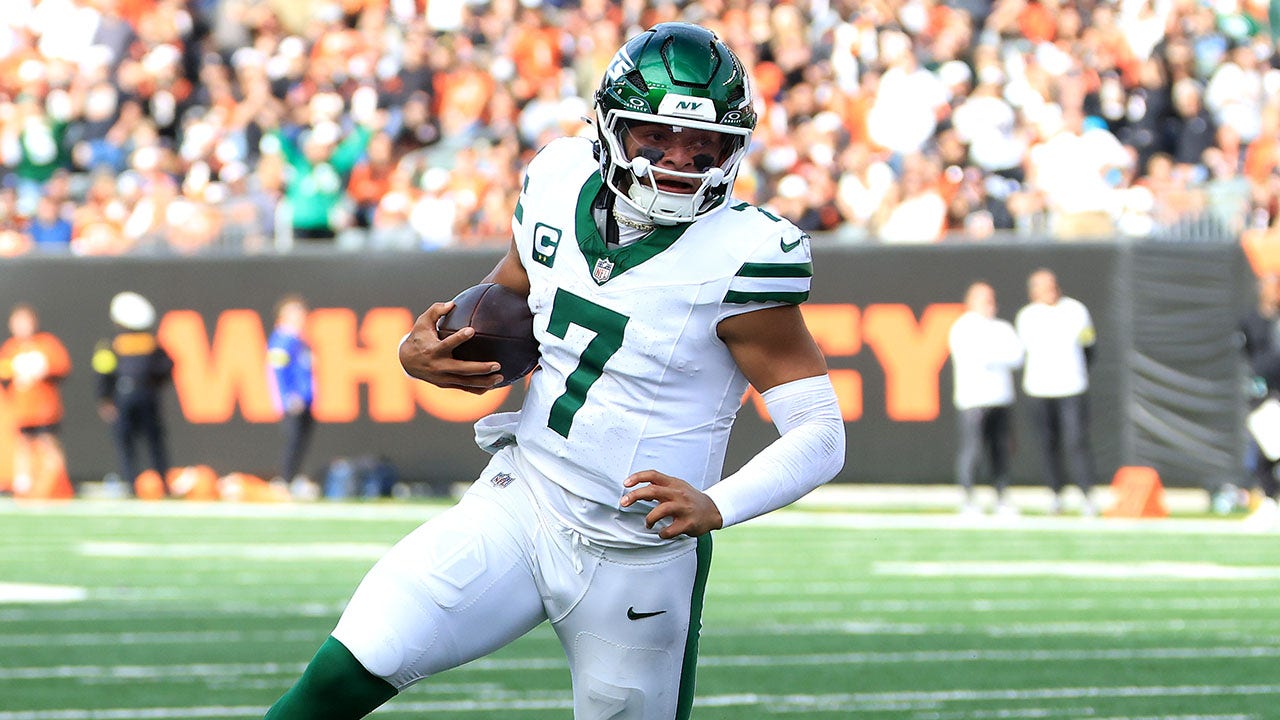Just weeks after launching his new tariff initiative, President Donald Trump is reportedly close to securing his first round of trade deals with key international partners.
According to senior administration officials, as many as two or three bilateral trade agreements could be announced within days, potentially marking a major early milestone in the president’s economic strategy.
Commerce Secretary Howard Lutnick alluded to the pending announcements last week, stating that a deal with an unspecified country had been negotiated and was awaiting final approval of its terms.
Trump’s Sovereign Wealth Fund: What Could It Mean For Your Money?
White House officials told Just the News that multiple trade negotiations are moving quickly, with India widely believed to be the frontrunner.
Vice President J.D. Vance traveled to New Delhi last week to meet with Indian Prime Minister Narendra Modi.
The two leaders discussed a prospective Bilateral Trade Agreement (BTA), which could serve as the first formal deal under Trump’s tariff framework.
“The BTA presents an opportunity to negotiate a new and modern trade agreement focused on promoting job creation and citizen well-being in both countries, with the goal of enhancing bilateral trade and supply-chain integration in a balanced and mutually beneficial manner,” the vice president’s office said in a post-meeting statement.
Major Trade Win for Trump!!
In another victory for President Trump’s America First agenda, India has announced it will ramp up imports from the United States, sidelining communist China in a bold move to strengthen ties with the world’s greatest economy. pic.twitter.com/SenSBE0cdr
— Jake H (@jake22_h) April 22, 2025
This Could Be the Most Important Video Gun Owners Watch All Year
Treasury Secretary Scott Bessent echoed the optimism, telling CNBC that India is likely to be among the first nations to finalize a deal.
He also confirmed that the United States is in productive talks with Japan and several other Asian countries.
“I would guess that India would be one of the first trade deals we would sign,” Bessent said.
“We’ve had very good proposals coming in since the tariffs were announced.”
BREAKING @SecScottBessent Interview on @CNBC #Tariff #China #Trades
United States Secretary of the Treasury suggested India will be the first to sign the deal. $QQQ $SPY $DIA $IWM $IWO pic.twitter.com/WGT1dIf4QU— Mike (@MikeLongTerm) April 28, 2025
Former Deputy National Security Advisor Victoria Coates noted that a trade deal with India could reshape regional dynamics by increasing pressure on China.
“I’d love to have them be first out of the box,” Coates said, referencing the growing strategic ties between Vance and Modi.
“I think the conversation with the Europeans is going to be a longer one, but again that really has to happen. We might be surprised by the UK.”
Markets appear to be responding positively to the news.
The S&P 500 closed up 1.47% on Friday, marking its ninth consecutive day of gains—the longest positive streak in over 20 years.
S&P 500 records 9th consecutive green day
The longest WINNING streak in over 20 years
WE ARE SO BACK pic.twitter.com/OHX9oFWVM8
— John Trades MBA (@JPATrades) May 2, 2025
The rally follows weeks of volatility that began after President Trump announced his “Liberation Day” tariff policy on April 2.
While most countries received a 90-day suspension on increased tariffs, India was immediately hit with a 26% reciprocal tariff.
India has strong incentives to move quickly.
The U.S. is already India’s largest trading partner, and the Modi government is aiming to more than double annual trade volume—from $190 billion to $500 billion.
India is also prioritizing the agreement as part of its broader India-U.S. Comprehensive Global Strategic Partnership, which Prime Minister Modi has called “a defining partnership of the 21st Century for a better future of our people and the world.”
In a move that could bolster the agreement, Apple announced on April 25 that it will shift most of its U.S.-bound iPhone production from China to India, a decision expected to bring billions in investment and new jobs to the region.
The trade talks come amid political pressure and media skepticism.
Several outlets and Democratic lawmakers have criticized the pace of negotiations, suggesting the administration has failed to deliver swift results.
However, sources told Fox Business that the delay in formal announcements stems from the administration’s strategy to pursue broader, more comprehensive agreements—not just tariff-specific arrangements.
President Trump’s tariff policy, launched on April 2, introduced a universal 10% tariff on goods from all countries, while signaling targeted tariffs for nations that fail to negotiate new terms.
Though critics initially labeled the policy a “misfire,” White House officials maintain that the strategy is already yielding results behind the scenes.
As speculation continues, the administration is expected to unveil its first set of finalized trade deals imminently, with India and Japan leading the list of likely signatories.
Connect with Vetted Off-Duty Cops to Instantly Fulfill Your Security Needs
The opinions expressed by contributors and/or content partners are their own and do not necessarily reflect the views of LifeZette. Contact us for guidelines on submitting your own commentary.
Read the full article here


![Donald Trump’s Tariff-Forced Trade Deals Close to Closing, Markets React with Long Rally [WATCH] Donald Trump’s Tariff-Forced Trade Deals Close to Closing, Markets React with Long Rally [WATCH]](https://www.rvmnews.com/wp-content/uploads/2025/03/2025.03.22-11.39-rvmnews-67dea17e6b752.jpg)





![Eric Swalwell’s Trump Derangement Syndrome Reaches New Heights with 2028 Pledge Demand [WATCH] Eric Swalwell’s Trump Derangement Syndrome Reaches New Heights with 2028 Pledge Demand [WATCH]](https://www.lifezette.com/wp-content/uploads/2025/07/2025.07.29-05.00-lifezette-6888fe11009f4.jpg)



![GOP Candidate Leads California Gov Race as Dem Party Throws Itself Off a Cliff [WATCH] GOP Candidate Leads California Gov Race as Dem Party Throws Itself Off a Cliff [WATCH]](https://www.lifezette.com/wp-content/uploads/2025/10/2025.10.27-10.58-lifezette-68ff506724f5c.jpg)